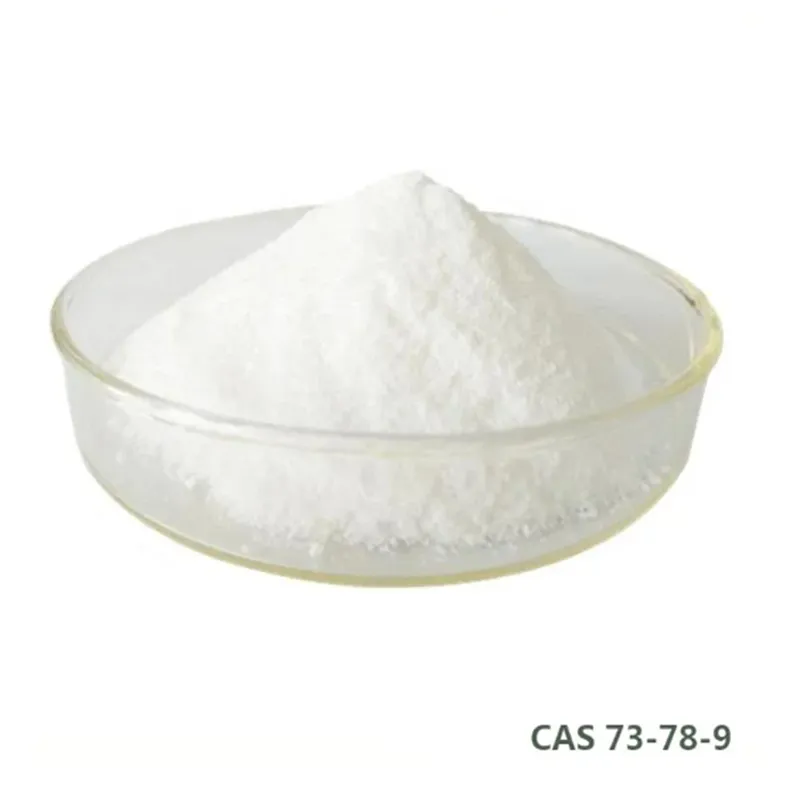 Email: sale@hebeidisha.com
Email: sale@hebeidisha.com
 Tel: +86 13315186550
Tel: +86 13315186550
- Afrikaans
- Albanian
- Amharic
- Arabic
- Armenian
- Azerbaijani
- Basque
- Belarusian
- Bengali
- Bosnian
- Bulgarian
- Catalan
- Cebuano
- China
- China (Taiwan)
- Corsican
- Croatian
- Czech
- Danish
- Dutch
- English
- Esperanto
- Estonian
- Finnish
- French
- Frisian
- Galician
- Georgian
- German
- Greek
- Gujarati
- Haitian Creole
- hausa
- hawaiian
- Hebrew
- Hindi
- Miao
- Hungarian
- Icelandic
- igbo
- Indonesian
- irish
- Italian
- Japanese
- Javanese
- Kannada
- kazakh
- Khmer
- Rwandese
- Korean
- Kurdish
- Kyrgyz
- Lao
- Latin
- Latvian
- Lithuanian
- Luxembourgish
- Macedonian
- Malgashi
- Malay
- Malayalam
- Maltese
- Maori
- Marathi
- Mongolian
- Myanmar
- Nepali
- Norwegian
- Norwegian
- Occitan
- Pashto
- Persian
- Polish
- Portuguese
- Punjabi
- Romanian
- Russian
- Samoan
- Scottish Gaelic
- Serbian
- Sesotho
- Shona
- Sindhi
- Sinhala
- Slovak
- Slovenian
- Somali
- Spanish
- Sundanese
- Swahili
- Swedish
- Tagalog
- Tajik
- Tamil
- Tatar
- Telugu
- Thai
- Turkish
- Turkmen
- Ukrainian
- Urdu
- Uighur
- Uzbek
- Vietnamese
- Welsh
- Bantu
- Yiddish
- Yoruba
- Zulu
Nov . 06, 2024 09:51 Back to list
Exploring the Health Benefits and Applications of Xanthan Gum in Modern Nutrition
The Role of Xanthan Gum in Health A PubMed-Focused Overview
Xanthan gum, a polysaccharide produced by the fermentation of sugars by the bacterium Xanthomonas campestris, has gained significant attention in recent years not only for its applications in the food industry as a thickening and stabilizing agent but also for its potential health benefits. This overview synthesizes current research on xanthan gum, highlighting its functional properties and implications for health, as reflected in literature available on PubMed.
Nutritional Characteristics
Xanthan gum is a soluble fiber, which means it can play a role in digestive health. Diets high in soluble fiber have been linked to improved bowel regularity and may help alleviate symptoms of constipation. Moreover, xanthan gum’s viscosity can help slow gastric emptying, which may induce a feeling of fullness, thus aiding in weight management initiatives. Research indicates that soluble fibers can also positively influence the gut microbiota composition, fostering a diverse and healthy microbial environment.
Impact on Blood Sugar Levels
Studies suggest that xanthan gum may have a beneficial effect on glycemic control. When consumed with carbohydrate-rich meals, xanthan gum can potentially slow down the absorption of sugars in the intestines. This moderated absorption may lead to more stable blood glucose levels, reducing peaks and troughs associated with high glycemic foods. For individuals with diabetes or those at risk of developing the condition, including xanthan gum in their diet may be a strategic approach to manage blood sugar levels more effectively.
Cholesterol Management
Several studies have investigated the impact of xanthan gum on cholesterol levels. Some research indicates that soluble fibers can facilitate the excretion of bile acids, which may lead the body to utilize cholesterol to replace those bile acids, consequently lowering serum cholesterol levels. A meta-analysis focusing on dietary fibers, including xanthan gum, found that their consumption could result in significant reductions in total cholesterol and low-density lipoprotein (LDL) cholesterol, contributing to cardiovascular health.
xanthan gum's role in health a pubmed-focused overview.

Gluten-Free Baking
Xanthan gum is often utilized in gluten-free cooking and baking, where it serves as a substitute for gluten’s binding and thickening properties. For individuals with celiac disease or gluten sensitivity, xanthan gum can significantly improve the texture and rise of gluten-free products, enhancing their overall palatability. This is crucial not only for enjoyment but also for ensuring that these individuals receive appropriate nutritional value from their diets.
Safety and Tolerability
Overall, xanthan gum is regarded as safe for consumption by various health organizations, including the Food and Drug Administration (FDA) and the European Food Safety Authority (EFSA). However, some individuals may experience gastrointestinal discomfort, particularly if consumed in large amounts. Typical consumption levels found in food products are generally well-tolerated. For those with underlying gastrointestinal conditions, such as irritable bowel syndrome (IBS), it may be advisable to moderate intake and consult healthcare professionals.
Conclusion
In summary, xanthan gum plays multifaceted roles in enhancing both food quality and potential health benefits. Its properties as a soluble fiber suggest utility in managing blood sugar levels, cholesterol, and digestive health, while also providing functional advantages in gluten-free diets. The ongoing research reflected in PubMed underscores xanthan gum's potential as a significant dietary component that warrants further exploration.
As with any dietary interventions, individuals should consider their unique health conditions and consult with healthcare professionals before making significant dietary changes. Overall, xanthan gum represents a promising ingredient that can contribute to healthier eating patterns without compromising the sensory qualities of foods.
Latest news
-
Certifications for Vegetarian and Xanthan Gum Vegetarian
NewsJun.17,2025
-
Sustainability Trends Reshaping the SLES N70 Market
NewsJun.17,2025
-
Propylene Glycol Use in Vaccines: Balancing Function and Perception
NewsJun.17,2025
-
Petroleum Jelly in Skincare: Balancing Benefits and Backlash
NewsJun.17,2025
-
Energy Price Volatility and Ripple Effect on Caprolactam Markets
NewsJun.17,2025
-
Spectroscopic Techniques for Adipic Acid Molecular Weight
NewsJun.17,2025